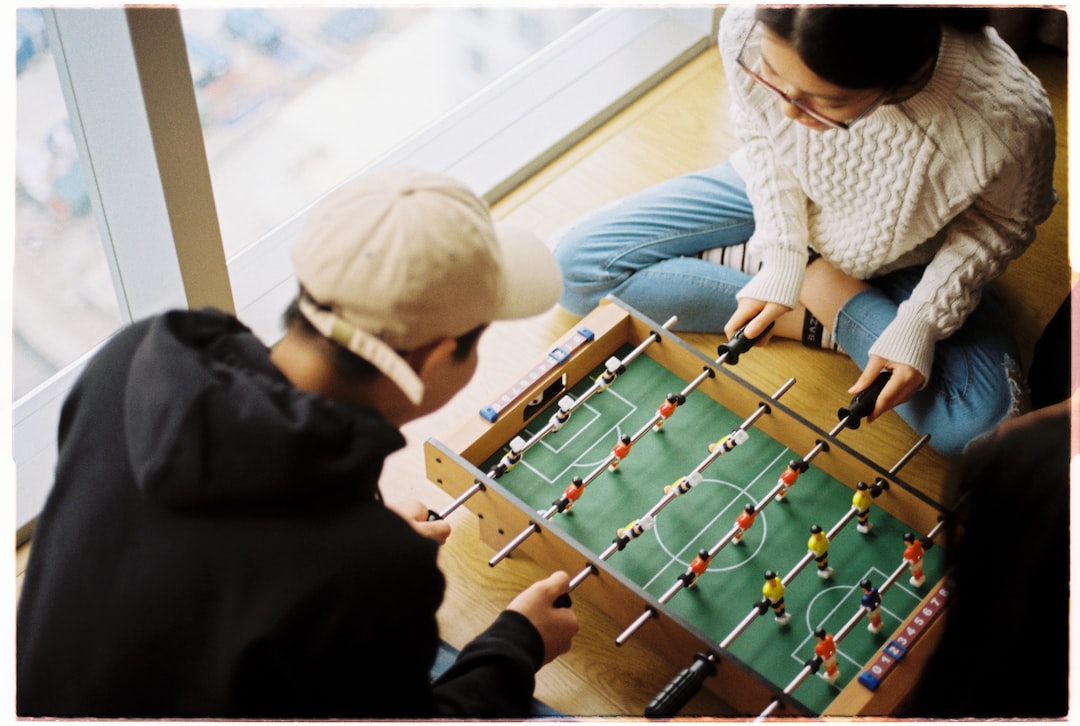The Influence of Gaming on Brain Development and Cognitive Skills
In recent years, gaming has evolved from being merely a recreational activity to becoming a major part of our daily lives. Whether it is mobile games, console games, or online multiplayer games, people of all ages are becoming increasingly immersed in this form of entertainment. However, what many may not realize is that gaming can have a profound impact on brain development and cognitive skills.
One of the most noticeable effects of gaming on brain development is the improvement in hand-eye coordination. Gamers are required to process visual information and translate it into swift hand movements in order to navigate the virtual world. This constant need for precise hand-eye coordination has been proven to enhance motor skills, making gamers more adept at performing tasks that require accurate movements such as playing musical instruments or participating in sports.
Furthermore, gaming can also stimulate problem-solving and critical thinking skills. Most modern games require players to solve puzzles, strategize, and make split-second decisions in order to progress. By constantly engaging in these mental exercises, gamers are able to sharpen their problem-solving abilities and enhance their cognitive flexibility. Numerous studies have shown that individuals who regularly play video games outperform their non-gaming counterparts in tasks that require logical reasoning and decision-making.
Additionally, gaming can greatly enhance memory and concentration. As gamers progress through levels and missions, they often need to remember complex patterns and sequences of events. This constant exercise in memory retention and recall strengthens neural connections, leading to better overall memory function. Moreover, gaming requires a high level of concentration in order to succeed. By training the brain to stay focused for long periods of time, gamers develop enhanced attention spans that can be valuable in various aspects of life.
It is also important to note that gaming can have positive effects on mental health. Contrary to the popular belief that gaming is solely addictive and harmful, numerous studies have revealed the potential therapeutic benefits of gaming. Games that promote relaxation, stress-reduction, and mindfulness can improve mental well-being and alleviate symptoms of anxiety and depression. Additionally, multiplayer games can foster social connections and increase feelings of belonging and inclusivity, leading to improved overall mental health.
While it is important to approach gaming with moderation and balance, there is no denying the positive influence it can have on brain development and cognitive skills. From enhancing hand-eye coordination and problem-solving abilities to improving memory and concentration, gaming offers a range of benefits that go beyond mere entertainment. As the world of gaming continues to evolve and expand, it is crucial to appreciate and harness the potential it holds in shaping the way our brains develop and function.
